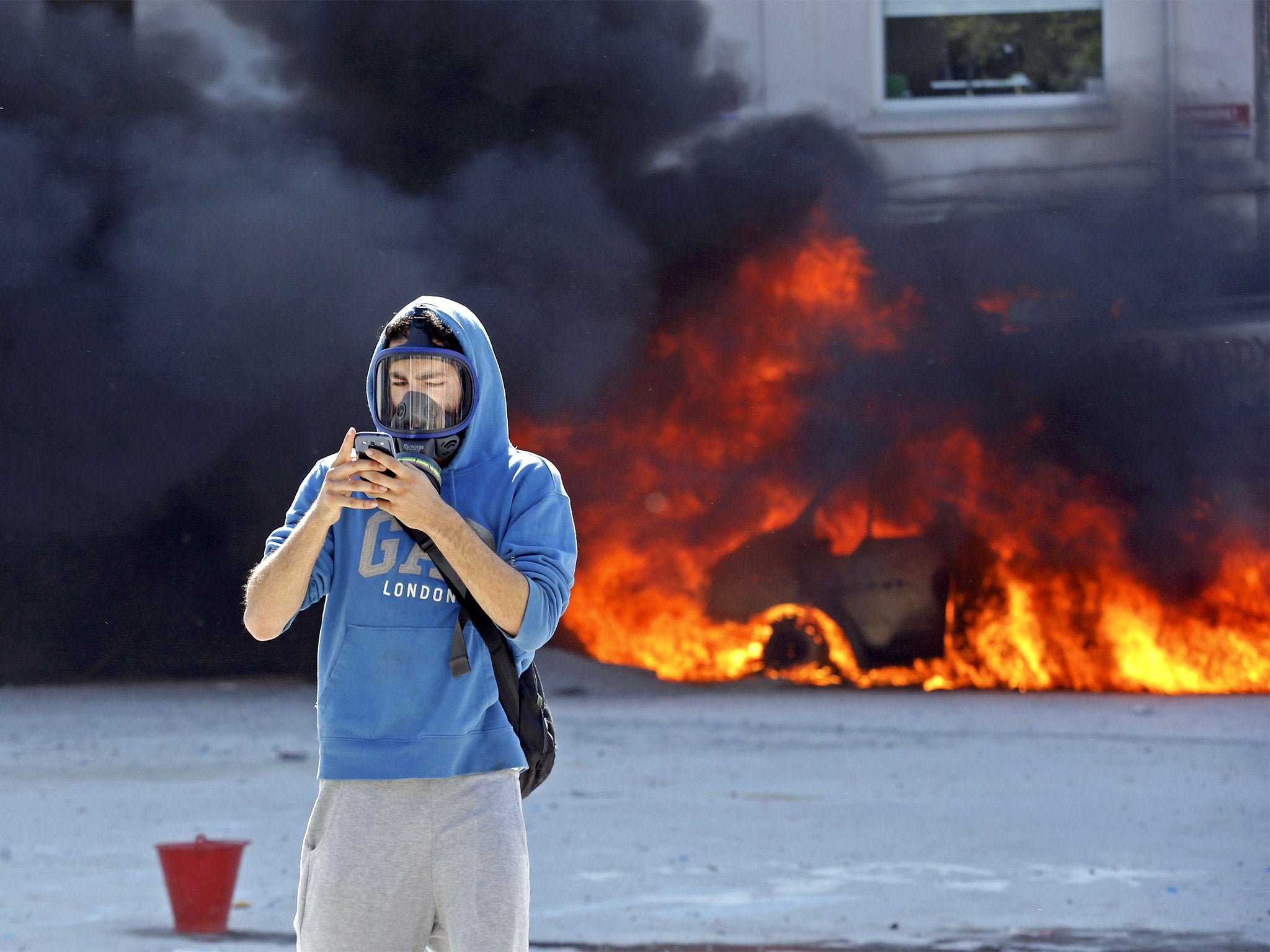Cyber Culture: VPNs are a virtual haven in a censored world (and a handy way to watch American television)

Your support helps us to tell the story
From reproductive rights to climate change to Big Tech, The Independent is on the ground when the story is developing. Whether it's investigating the financials of Elon Musk's pro-Trump PAC or producing our latest documentary, 'The A Word', which shines a light on the American women fighting for reproductive rights, we know how important it is to parse out the facts from the messaging.
At such a critical moment in US history, we need reporters on the ground. Your donation allows us to keep sending journalists to speak to both sides of the story.
The Independent is trusted by Americans across the entire political spectrum. And unlike many other quality news outlets, we choose not to lock Americans out of our reporting and analysis with paywalls. We believe quality journalism should be available to everyone, paid for by those who can afford it.
Your support makes all the difference.If there's one person who's unlikely to tweet today about what a terrible week he's having, it's the Turkish Prime Minister, Recep Tayyip Erdogan. "Social media is the worst menace to society," he said a few days ago, infuriated at the way protesters were using Twitter and the walkie-talkie app Zello to co-ordinate protests against the government.
He then referred to the "limits of his patience" after two weeks of unrest. You couldn't blame Turkish activists for seeing that as a threat not only to people protesting on the streets, but also to the free and open internet. That's why they've been rushing to download tools that can be used to circumvent the kind of service blocks that tend to be put in place by regimes under threat.
VPNs, or virtual private networks, are traditionally used by businesses to allow employees to log in securely to company intranets and work remotely. But subscription prices are falling fast, and they're now widely used by individuals to make a mockery of internet restrictions.
With your actual IP address masked and your traffic encrypted, you can use the services you like in the way you like – whether that's something as benign as watching a geographically restricted television show on Hulu, or alerting news organisations to the activities of armed police.
One VPN in particular, Hotspot Shield, saw the number of daily installs in Turkey rise from around 10,000 per day to 100,000 last weekend. Admittedly, since the protests started Turkey has only seen scattered reports of internet outages that may well be co-incidental, but activists now feel prepared for the digital blockade.
Except it's never that simple. Iran, a country which has a head start on Turkey when it comes to online restrictions, is already battling the VPN menace. In the run-up to this week's elections the government tested a block on VPN protocols, and the results weren't surprising to anyone who's aware of the role of VPNs in business; embassies, banks and many other organisations found themselves unable to operate.
The government then requested any affected parties to register for official exemption on further VPN blocks, blocks that will now only affect those deemed to be using them for nefarious means. China has gone even further down this road, with one ISP, Unicom, reportedly killing internet connections where any VPN use is detected. So, VPNs are only effective for as long as a government allows them to operate.
But as ever, this is a game of cat and mouse. Workarounds are being devised all the time, and as the technology activists' slogan goes:information wants to be free.
Join our commenting forum
Join thought-provoking conversations, follow other Independent readers and see their replies
Comments